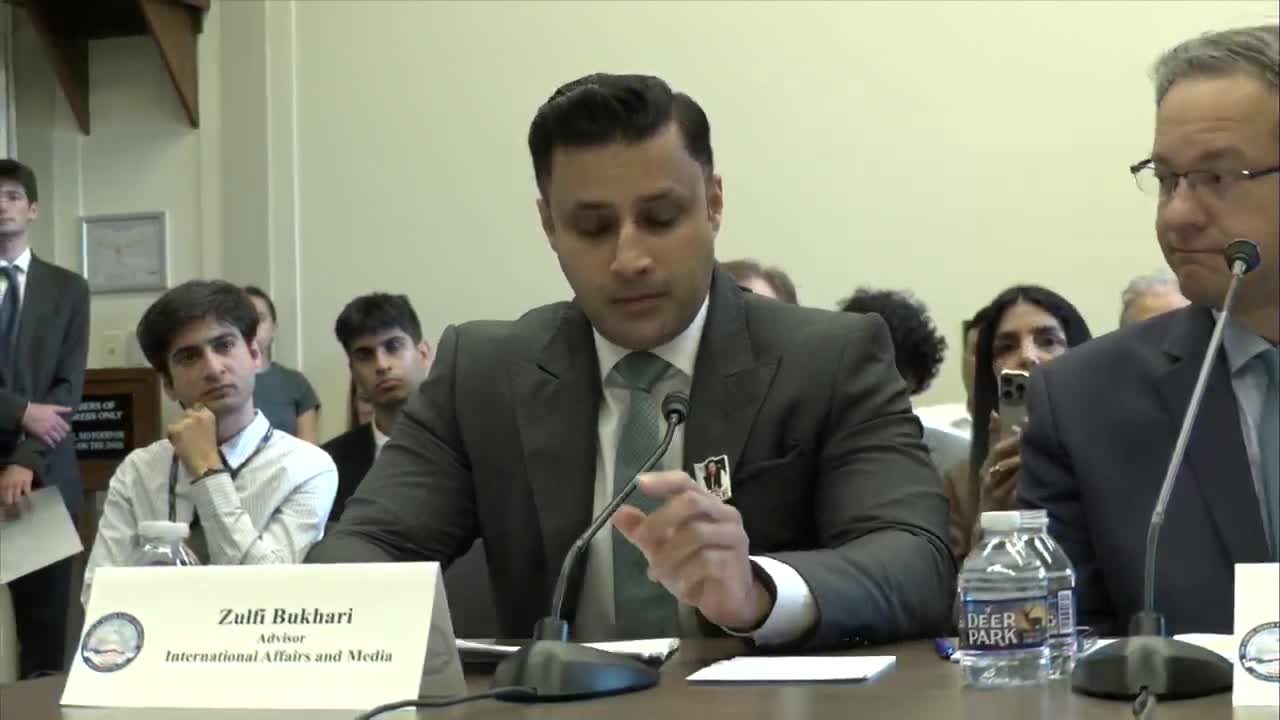Article not found
This article is no longer available. But don't worry—we've gathered other articles that discuss the same topic.
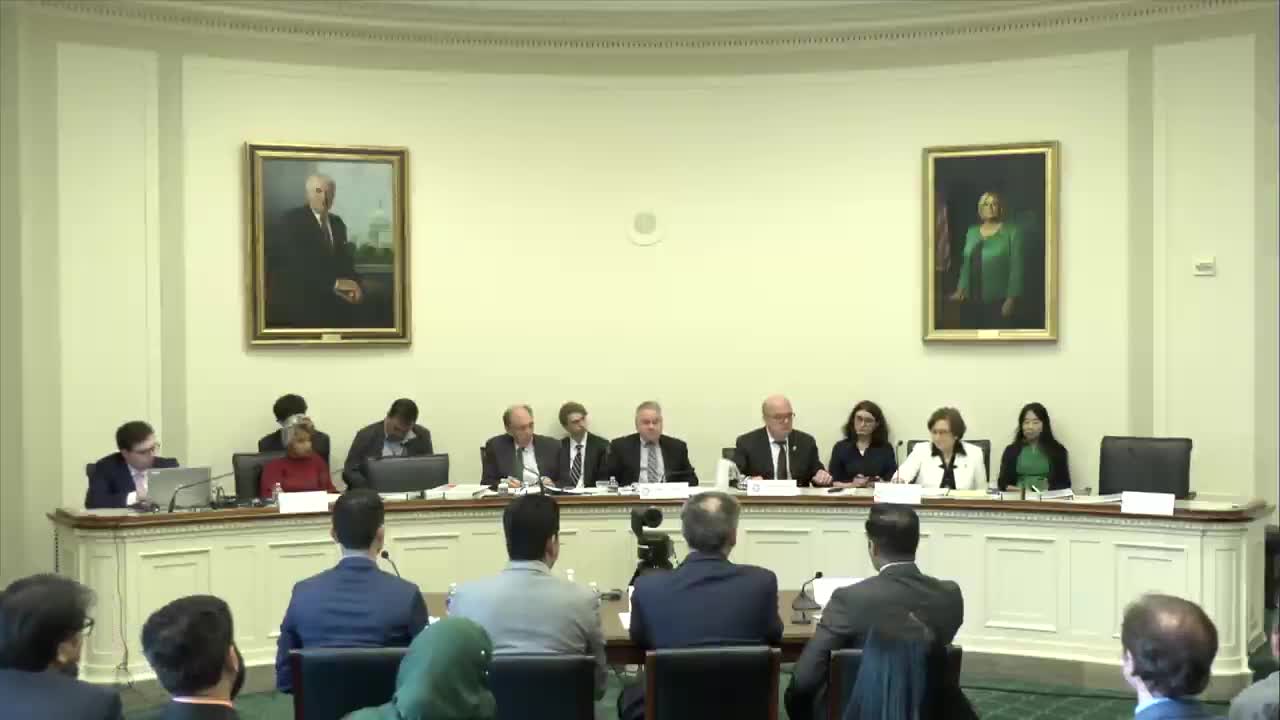
Congress hears testimony that political repression in Pakistan exacerbates women's rights gaps and rolls back protections for gender-diverse people
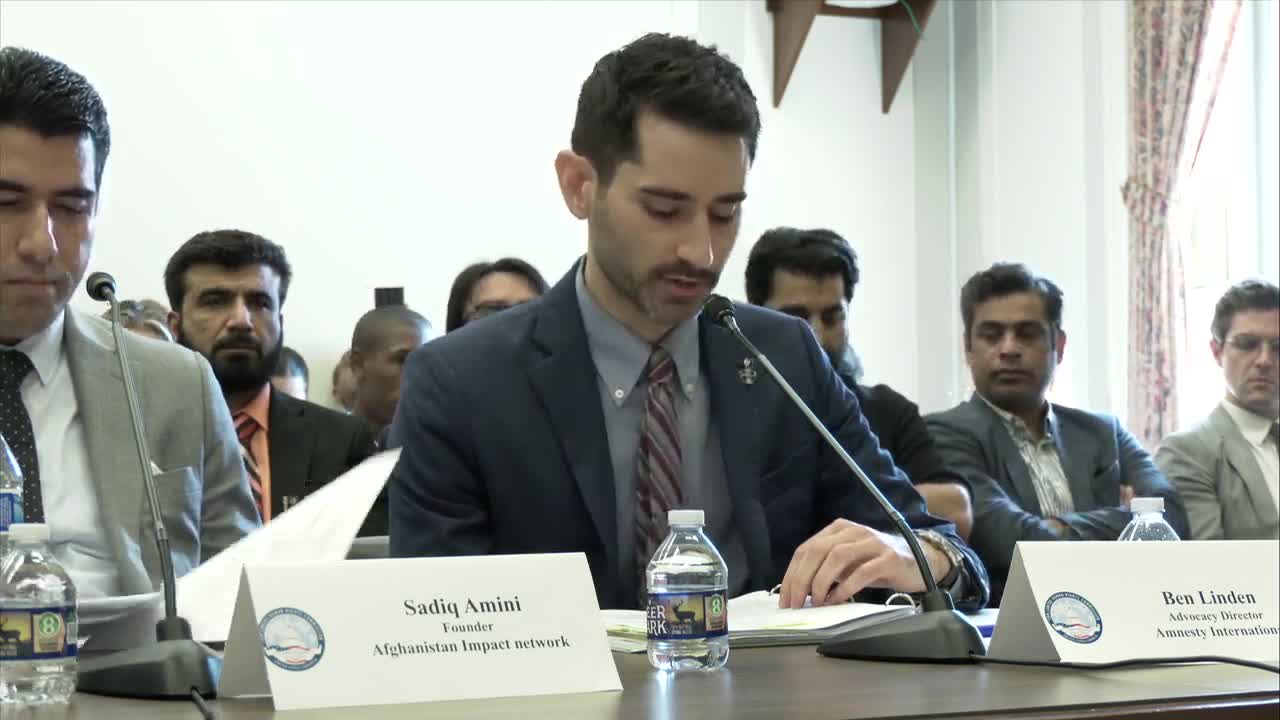
Amnesty tells Congress Baloch activists, Ahmadis face arrests, disappearances and blasphemy-linked violence in Pakistan
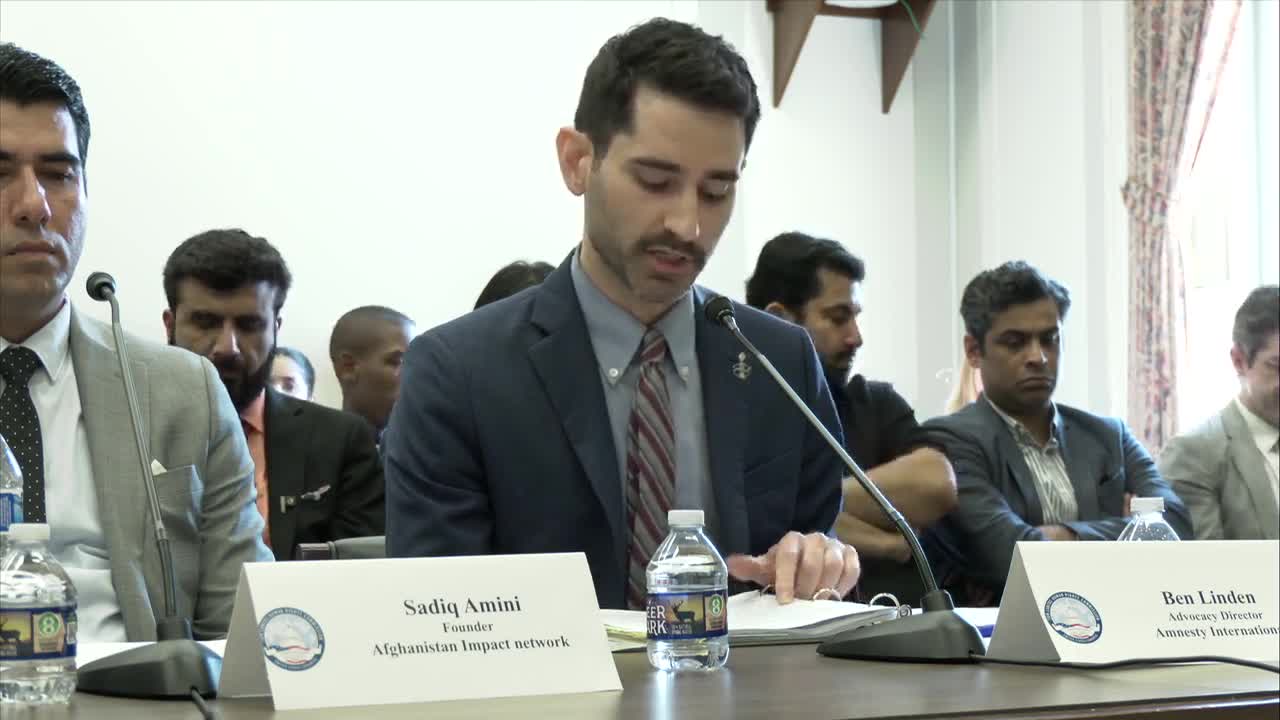
Witnesses urge U.S. to restore CARE office, TPS and SIV pathways as Pakistan deportations of Afghans rise
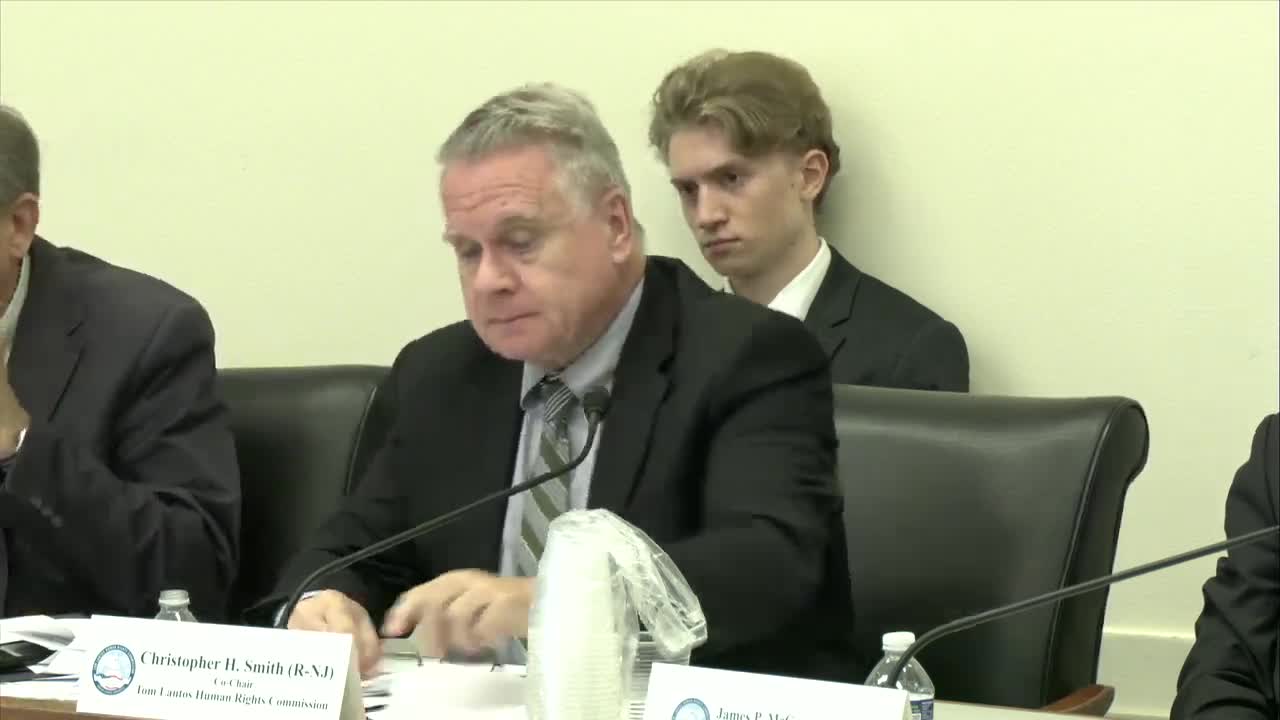
Witnesses tell Congress Google removed Pakistani critics’ YouTube channels amid pressure; journalists face exile and assassination
